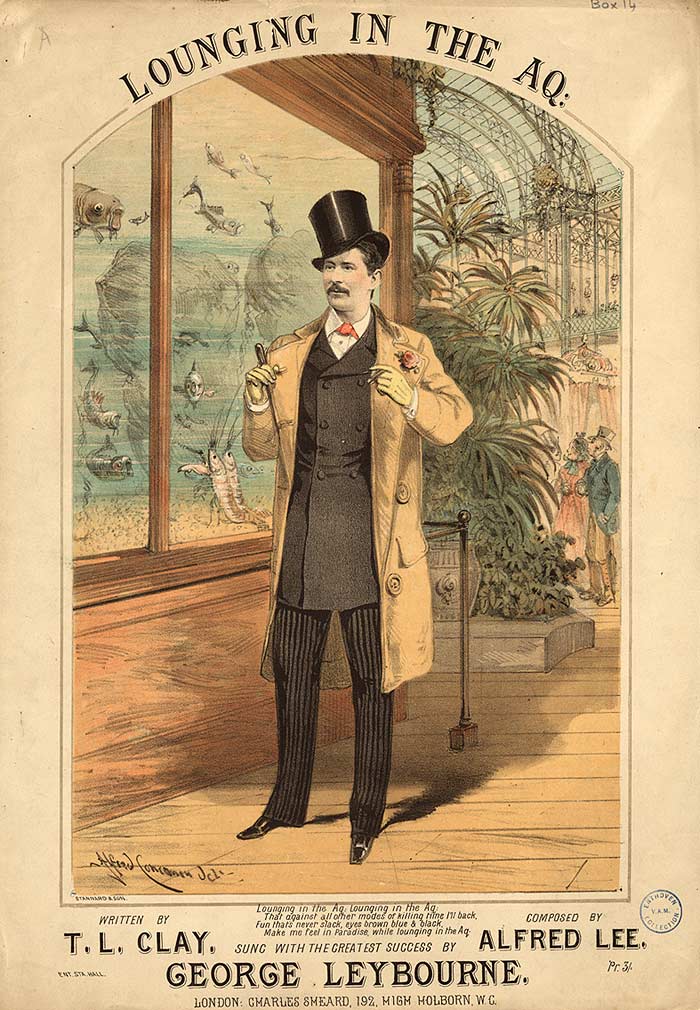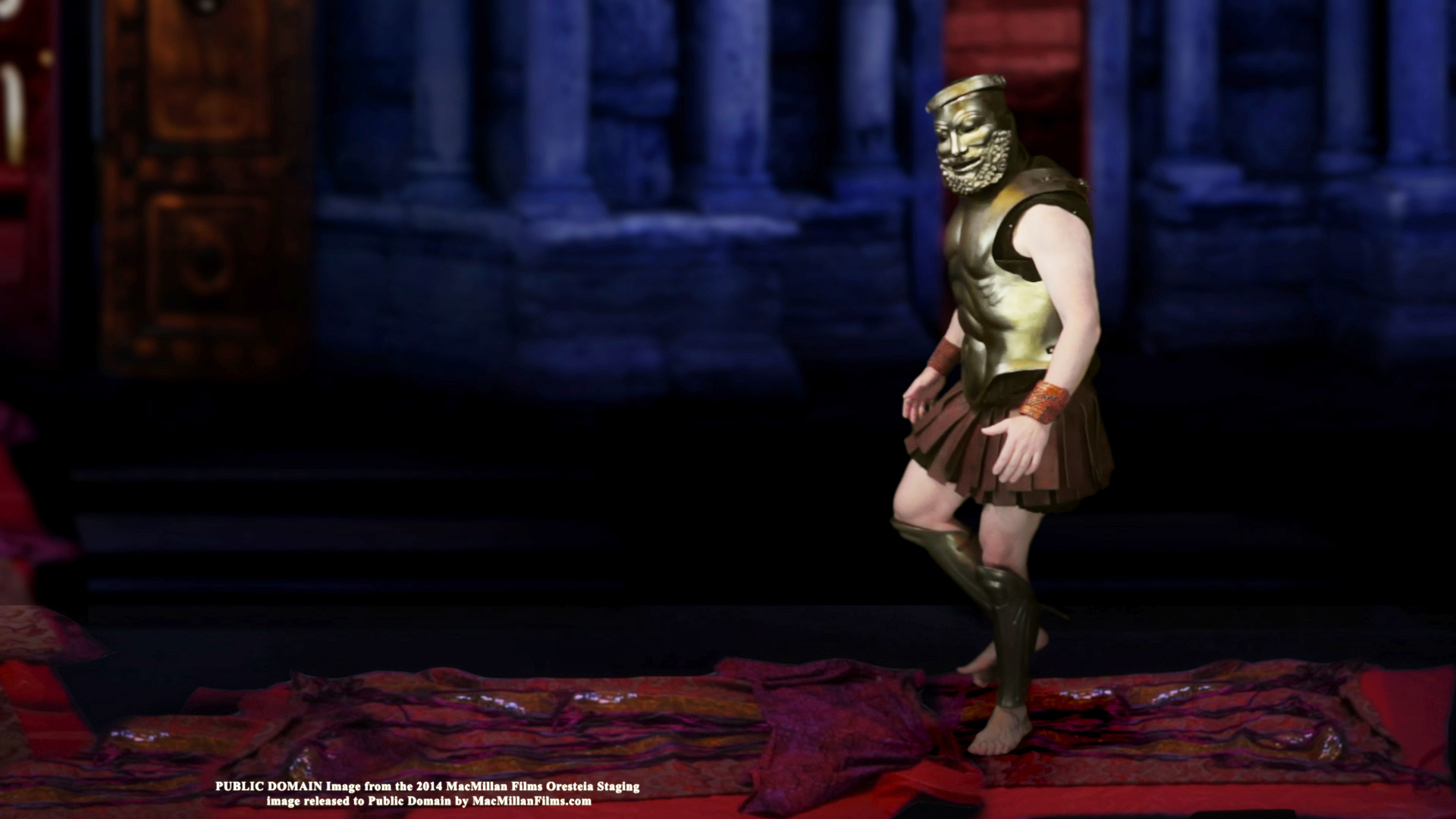|
F.R. Benson
Sir Francis Robert Benson (4 November 1858 – 31 December 1939), known professionally as Frank Benson or F. R. Benson, was an English actor-manager. He founded his own company in 1883 and produced all but two of William Shakespeare, Shakespeare's plays. His thirty-year association with the Royal Shakespeare Theatre, Shakespeare Memorial Theatre and the annual Shakespeare Festival in Stratford-upon-Avon laid down foundations for the creation of the Royal Shakespeare Company after his death. Benson's company toured widely, with few London seasons, and became a training ground for several generations of young performers, including Henry Ainley, Oscar Asche, Lilian Braithwaite, Isadora Duncan, Nigel Playfair, Nancy Price and Harcourt Williams. Life and career Early years Benson was born at Eden House, Tunbridge Wells, Kent, on 4 November 1858, the third son and fourth child of William Benson (1816–1887), a barrister, and his wife, Elizabeth, ''née'' Soulsby Smith (1830– ... [...More Info...] [...Related Items...] OR: [Wikipedia] [Google] [Baidu] |
Royal Aquarium
The Royal Aquarium and Winter Garden was a place of amusement in Westminster, London. It opened in 1876, and the building was demolished in 1903. The attraction was located northwest of Westminster Abbey on Tothill Street. The building was designed by Alfred Bedborough in an ornamental style faced with Portland stone. The Aquarium Theatre was located in the west end of the building and was renamed the Imperial Theatre in 1879. Methodist Central Hall now occupies the site. History The Royal Aquarium opened on 22 January 1876. Its board of directors included Henry Labouchère, the financier and journalist; William Whiteley the retailer; and Arthur Sullivan, the composer. It was intended to offer art exhibitions, concerts and plays, among other intellectual entertainments such as The Crystal Palace.''The R ... [...More Info...] [...Related Items...] OR: [Wikipedia] [Google] [Baidu] |
Apollo
Apollo, grc, Ἀπόλλωνος, Apóllōnos, label=genitive , ; , grc-dor, Ἀπέλλων, Apéllōn, ; grc, Ἀπείλων, Apeílōn, label=Arcadocypriot Greek, ; grc-aeo, Ἄπλουν, Áploun, la, Apollō, la, Apollinis, label=genitive, , ; , is one of the Olympian deities in classical Greek and Roman religion and Greek and Roman mythology. The national divinity of the Greeks, Apollo has been recognized as a god of archery, music and dance, truth and prophecy, healing and diseases, the Sun and light, poetry, and more. One of the most important and complex of the Greek gods, he is the son of Zeus and Leto, and the twin brother of Artemis, goddess of the hunt. Seen as the most beautiful god and the ideal of the ''kouros'' (ephebe, or a beardless, athletic youth), Apollo is considered to be the most Greek of all the gods. Apollo is known in Greek-influenced Etruscan mythology as ''Apulu''. As the patron deity of Delphi (''Apollo Pythios''), Apollo is an oracul ... [...More Info...] [...Related Items...] OR: [Wikipedia] [Google] [Baidu] |
Alcestis (play)
''Alcestis'' (; grc-gre, Ἄλκηστις, ''Alkēstis'') is an Athenian tragedy by the ancient Greek playwright Euripides. It was first produced at the City Dionysia festival in 438 BC. Euripides presented it as the final part of a tetralogy of unconnected plays in the competition of tragedies, for which he won second prize; this arrangement was exceptional, as the fourth part was normally a satyr play. Its ambiguous, tragicomic tone—which may be "cheerfully romantic" or "bitterly ironic"—has earned it the label of a "problem play." ''Alcestis'' is, possibly excepting the '' Rhesus'', the oldest surviving work by Euripides, although at the time of its first performance he had been producing plays for 17 years. Events prior to the start of the play Long before the start of the play, King Admetus was granted by the Fates the privilege of living past the allotted time of his death. The Fates were persuaded to allow this by the god Apollo (who got them drunk). This unusual ba ... [...More Info...] [...Related Items...] OR: [Wikipedia] [Google] [Baidu] |
Euripides
Euripides (; grc, Εὐριπίδης, Eurīpídēs, ; ) was a tragedian Tragedy (from the grc-gre, τραγῳδία, ''tragōidia'', ''tragōidia'') is a genre of drama based on human suffering and, mainly, the terrible or sorrowful events that befall a main character. Traditionally, the intention of tragedy i ... of classical Athens. Along with Aeschylus and Sophocles, he is one of the three ancient Greek tragedians for whom any plays have survived in full. Some ancient scholars attributed ninety-five plays to him, but the ''Suda'' says it was ninety-two at most. Of these, eighteen or nineteen have survived more or less complete (''Rhesus (play), Rhesus'' is suspect). There are many fragments (some substantial) of most of his other plays. More of his plays have survived intact than those of Aeschylus and Sophocles together, partly because his popularity grew as theirs declinedMoses Hadas, ''Ten Plays by Euripides'', Bantam Classic (2006), Introduction, p. ixhe became, ... [...More Info...] [...Related Items...] OR: [Wikipedia] [Google] [Baidu] |
The Oresteia
The ''Oresteia'' ( grc, Ὀρέστεια) is a trilogy of Greek tragedies written by Aeschylus in the 5th century BCE, concerning the murder of Agamemnon by Clytemnestra, the murder of Clytemnestra by Orestes, the trial of Orestes, the end of the curse on the House of Atreus and the pacification of the Erinyes. The trilogy—consisting of ''Agamemnon'' (), '' The Libation Bearers'' (), and ''The Eumenides'' ()—also shows how the Greek gods interacted with the characters and influenced their decisions pertaining to events and disputes. The only extant example of an ancient Greek theatre trilogy, the ''Oresteia'' won first prize at the Dionysia festival in 458 BCE. The principal themes of the trilogy include the contrast between revenge and justice, as well as the transition from personal vendetta to organized litigation. ''Oresteia'' originally included a satyr play, ''Proteus'' (), following the tragic trilogy, but all except a single line of ''Proteus'' has been lost. ''Agame ... [...More Info...] [...Related Items...] OR: [Wikipedia] [Google] [Baidu] |
Aeschylus
Aeschylus (, ; grc-gre, Αἰσχύλος ; c. 525/524 – c. 456/455 BC) was an ancient Greek tragedian, and is often described as the father of tragedy. Academic knowledge of the genre begins with his work, and understanding of earlier Greek tragedy is largely based on inferences made from reading his surviving plays. According to Aristotle, he expanded the number of characters in the theatre and allowed conflict among them. Formerly, characters interacted only with the chorus.The remnant of a commemorative inscription, dated to the 3rd century BC, lists four, possibly eight, dramatic poets (probably including Choerilus, Phrynichus, and Pratinas) who had won tragic victories at the Dionysia before Aeschylus had. Thespis was traditionally regarded the inventor of tragedy. According to another tradition, tragedy was established in Athens in the late 530s BC, but that may simply reflect an absence of records. Major innovations in dramatic form, credited to Aeschylus by Aristotle ... [...More Info...] [...Related Items...] OR: [Wikipedia] [Google] [Baidu] |
New College, Oxford
New College is one of the constituent colleges of the University of Oxford in the United Kingdom. Founded in 1379 by William of Wykeham in conjunction with Winchester College as its feeder school, New College is one of the oldest colleges at the university and was the first to admit undergraduate students. New College also has a reputation for the exceptional academic performance of its students. In 2020, the college ranked first in the Norrington Table, a table assessing the relative performance of Oxford's undergraduates in final examinations. It has the 2nd-highest average Norrington Table ranking over the previous decade. The college is located in the centre of Oxford, between Holywell Street and New College Lane (known for Oxford's Bridge of Sighs), next to All Souls College, Harris Manchester College, Hertford College, The Queen's College and St Edmund Hall. The college's sister college is King's College, Cambridge. The college choir is one of the leading choirs of t ... [...More Info...] [...Related Items...] OR: [Wikipedia] [Google] [Baidu] |
Winchester College
Winchester College is a public school (fee-charging independent day and boarding school) in Winchester, Hampshire, England. It was founded by William of Wykeham in 1382 and has existed in its present location ever since. It is the oldest of the nine schools considered by the Clarendon Commission. The school is currently undergoing a transition to become co-educational and to accept day pupils, having previously been a boys' boarding school for over 600 years. The school was founded to provide an education for 70 scholars. Gradually numbers rose, a choir of 16 "quiristers" being added alongside paying pupils known as "commoners". Numbers expanded greatly in the 1860s with the addition of ten boarding houses. The scholars continue to live in the school's medieval buildings, which consist of two courtyards, a chapel, and a cloisters. A Wren-style classroom building named "School" was added in the 17th century. An art school ("museum"), science school, and music school were added ... [...More Info...] [...Related Items...] OR: [Wikipedia] [Google] [Baidu] |
Liberal Party (UK)
The Liberal Party was one of the two Major party, major List of political parties in the United Kingdom, political parties in the United Kingdom, along with the Conservative Party (UK), Conservative Party, in the 19th and early 20th centuries. Beginning as an alliance of Whigs (British political party), Whigs, free trade–supporting Peelites and reformist Radicals (UK), Radicals in the 1850s, by the end of the 19th century it had formed four governments under William Ewart Gladstone, William Gladstone. Despite being divided over the issue of Irish Home Rule Movement, Irish Home Rule, the party returned to government in 1905 and won a landslide victory in the 1906 United Kingdom general election, 1906 general election. Under Prime Minister of the United Kingdom, prime ministers Henry Campbell-Bannerman (1905–1908) and H. H. Asquith (1908–1916), the Liberal Party passed Liberal welfare reforms, reforms that created a basic welfare state. Although Asquith was the Leader of t ... [...More Info...] [...Related Items...] OR: [Wikipedia] [Google] [Baidu] |
Godfrey Benson, 1st Baron Charnwood
Godfrey Rathbone Benson, 1st Baron Charnwood (6 November 1864 – 3 February 1945), was an English author, academic, Liberal politician and philanthropist. Benson was born in Alresford, Hampshire, the fourth son of William Benson, a barrister, and Elizabeth Soulsby Smith. The actor-manager Sir Frank Benson and the designer William Arthur Smith Benson were his brothers. He was educated at Winchester and Balliol College, Oxford, graduating in 1887 with a First in '' literae humaniores'', and would later become a Philosophy lecturer at Balliol. He was called to the bar by the Inner Temple in 1898. Benson was involved in Liberal politics and represented Woodstock in the House of Commons from 1892 to 1895, when he was defeated. He then unsuccessfully stood in St. Pancras West in 1900 and Worcestershire West in 1906. He served as Mayor of Lichfield between 1909 and 1911. In the latter year Benson was raised to the peerage as Baron Charnwood, of Castle Donington in the County of L ... [...More Info...] [...Related Items...] OR: [Wikipedia] [Google] [Baidu] |







.png)